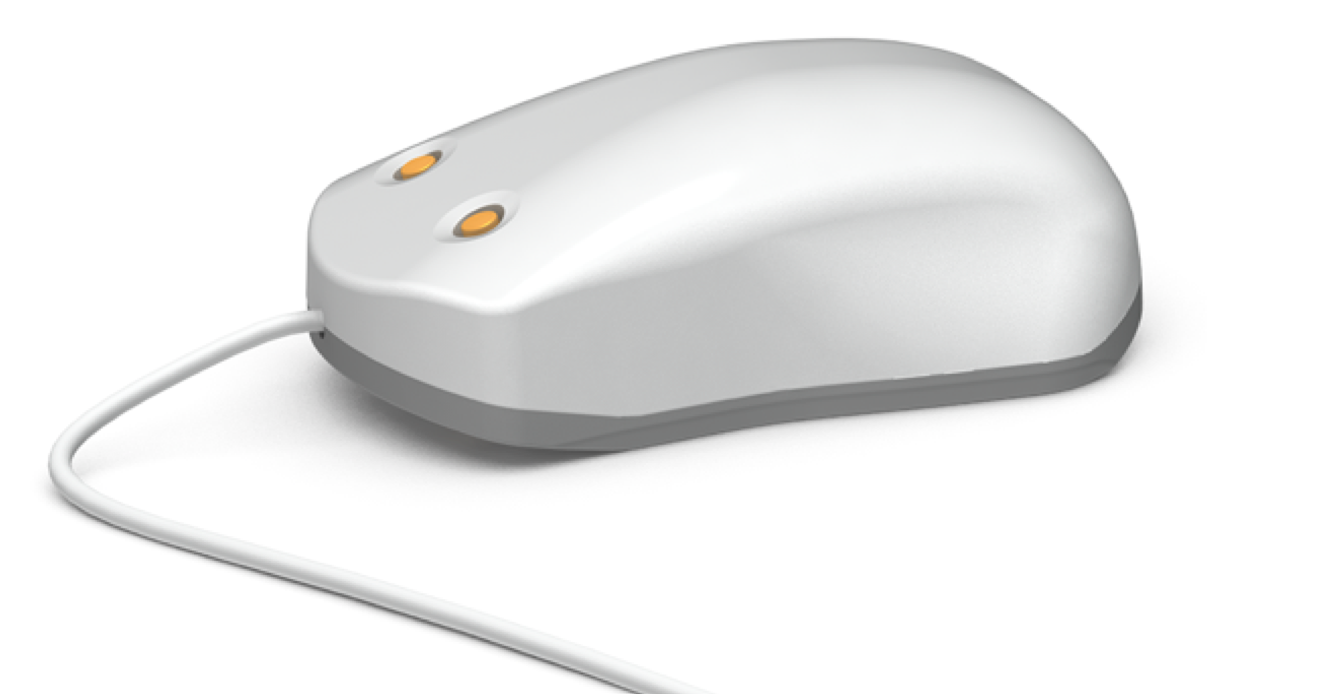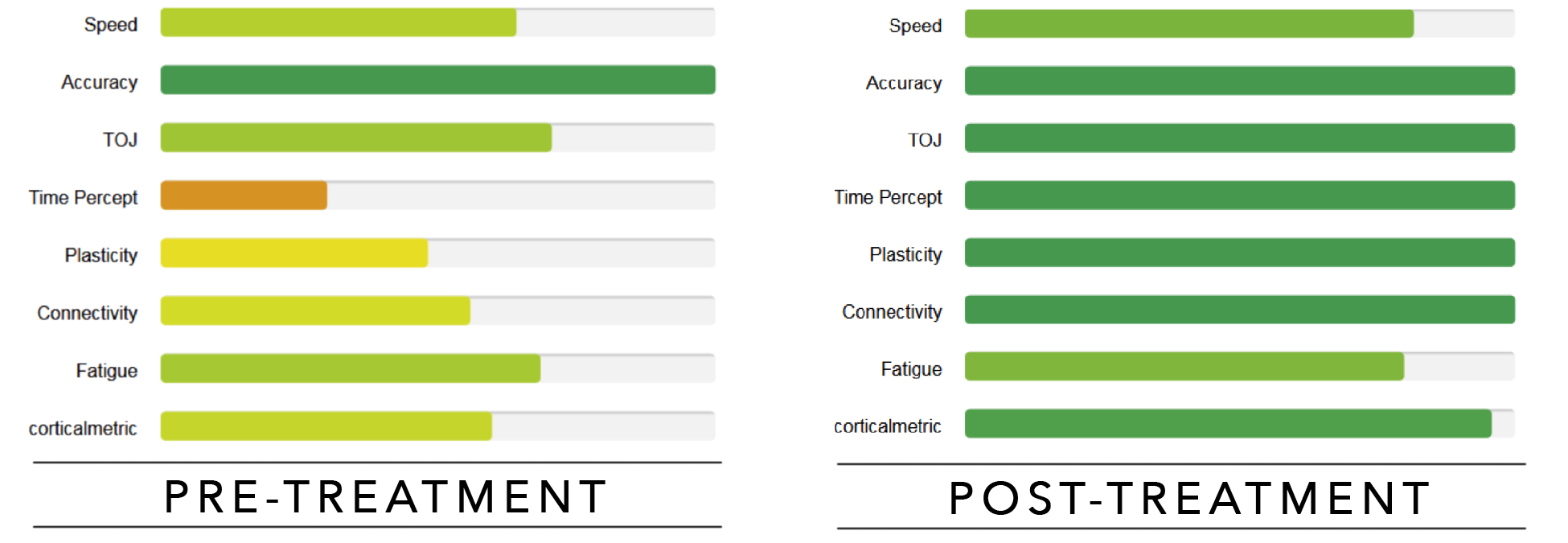Lycopene
Many of the neurological conditions that we study here at Cortical Metrics are a result of a common underlying problem—neuroinflammation. Whether you’re dealing with an acute concussion or a full-blown case of Alzheimer’s Disease, you have neuroinflammation. Specifically with Alzheimer’s Disease, the inflammation is what ultimately leads to the development of the characteristic plaques in the brain, and while drug companies spend years and millions of dollars developing drugs that target the plaques, those drugs are entirely ineffective at decreasing the symptoms of Alzheimer’s Disease
Read more...



